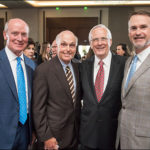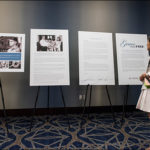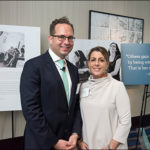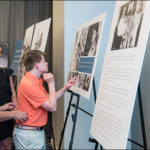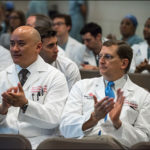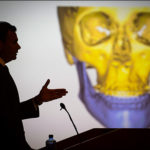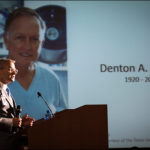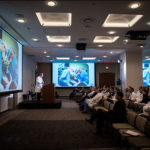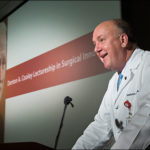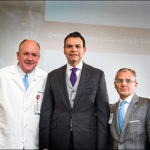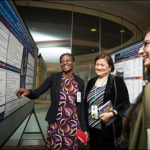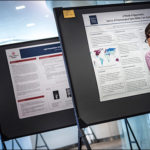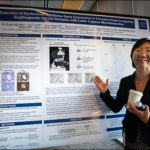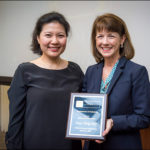 As a health care system, Texas Children’s believes that a critical component to offering outstanding clinical care is measuring the results of the care we deliver and doing our best to provide our patients and families with the safest environment possible.
As a health care system, Texas Children’s believes that a critical component to offering outstanding clinical care is measuring the results of the care we deliver and doing our best to provide our patients and families with the safest environment possible.
“By tracking what we do, we learn about what happens to our patients, and we also learn about our performance as a health care delivery organization,” said Chief Safety Officer Dr. Joan Shook. “We know we can always do better and must continue to strive toward excellence in health care delivery.”
With that in mind, Texas Children’s has created a dedicated safety and outcomes website that parents can access directly from the Texas Children’s main landing page. The information on this page is organized into the following nationally recognized categories of quality measures:
- Safe: Avoiding harm to patients from the care that is intended to help them.
- Effective: Providing services based on scientific knowledge. This category also measures the outcomes of the care we provide.
- Patient-centered: Providing care that is respectful of and responsive to individual patient preferences, needs and values and ensuring that patient values guide all clinical decisions.
- Timely: Reducing wait times and harmful delays for both those who receive and those who give care.
- Efficient: Avoiding waste, including waste of equipment, supplies, ideas and energy.
When possible, the website shows how Texas Children’s compares to other children’s hospitals in the United States in these categories. Where no good comparisons are available, the website illustrates how Texas Children’s compares to our own performance in the past, and how we measure up to our own goals.
Some of the topics and data reported include: hand-hygiene compliance, catheter associated blood stream infections, surgical site infections, death and complications within 30 days of surgery, patient experience, third next available appointment, patients leaving emergency care and transfer denials. Additional measures will be added over time.
For each measure, information is provided that lays out what parents can do to help Texas Children’s deliver the highest quality pediatric care. The website also includes links to our health system’s evidence-based guidelines. A distinctive feature of the website is an email address for readers who want to provide input on what additional information they would like to know and ways we can improve our website.
“We invite you to check out how we are doing and to share our outcomes with patients and their families,” Shook said. “We believe our patients and families deserve the most complete and accurate information possible about how we are doing as a health care system.”
Texas Children’s Pavilion for Women also has launched a safety and outcomes website. Click here for more information.








